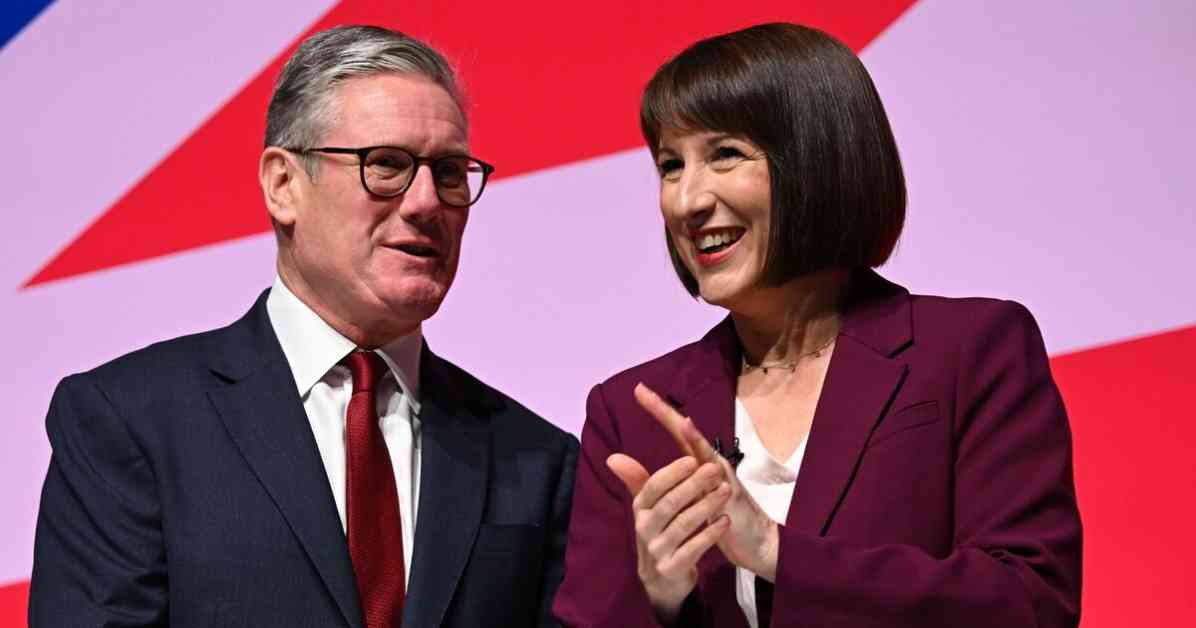State spending in the UK is expected to reach an alarming £1.5 trillion by 2029-30, according to a report by the Centre for Policy Studies. This increase in government spending under Labour’s Budget decisions is predicted to leave British citizens approximately £10,000 worse off. The think tank, co-founded by Margaret Thatcher, has raised concerns that living standards will be squeezed as a result of these financial choices.
The Centre for Policy Studies warns that without a significant increase in economic growth, the UK could face a challenging period ahead. Chancellor Rachel Reeves’s tax and spending policies have been criticized for putting the country on a path towards becoming a “high-tax, high-spend nation.” The report highlights that funding for the NHS and social care is set to surpass £200 billion, which is comparable to the GDP of countries like New Zealand or Greece.
One of the key issues raised by the report is the potential negative impact on business investment, as the government aims to heavily influence the economy and “pick winners.” The Centre for Policy Studies estimates that by 2029, Britons could be significantly worse off economically compared to pre-2008 financial crisis levels. The report also warns of a looming debt crisis before 2029 if borrowing continues to rise.
Furthermore, concerns have been raised about the implications of the recent rise in employers’ national insurance, which could potentially lead to a decrease in employment opportunities for thousands of individuals. The report emphasizes the need for significant reforms in the planning system to stimulate economic growth and prevent a decade of stagnation in living standards.
The director of the Centre for Policy Studies, Robert Colvile, has criticized the recent Budget decisions for favoring public sector spending over private sector growth. He highlights the negative impact that a £25 billion tax increase on businesses and employment could have on private sector activity. Colvile points out that the Budget accelerates the UK’s transition towards being a high-tax, high-spend nation, with record levels of tax, spending, and borrowing.
In conclusion, the report suggests that the UK government must prioritize economic growth and investment to avoid a prolonged period of economic hardship and declining living standards. By encouraging a leaner, more efficient state and fostering a thriving private sector, the country can work towards a more sustainable and prosperous future for all citizens.
